The international public opinion continues to turn against Israel over its war in Gaza, with more governments slowly beginning to reflect these voices and increasing their own condemnation of the country.
On Monday, July 21, 2025, a coalition of 25 countries, including the UK, Australia, Japan, and European Union, strongly condemned Israel for what they called "inhumane killing" of civilians in the Gaza Strip. The coalition also called for an immediate cessation of hostilities in the besieged area, as reported by Anadolu.
The joint statement issued by the foreign ministers of these countries along with EU Commissioner Hadja Lahbib highlighted that the suffering of civilians in Gaza has reached unprecedented levels.
What Are They Criticizing?
The statement criticized Israel's aid distribution system as dangerous, exacerbating instability, and stripping the dignity of Gaza residents. It condemned the slow and inadequate provision of humanitarian assistance, as well as the deaths of civilians, including children, seeking access to basic needs such as water and food.
Ministers specifically condemned the killing of over 800 Palestinians seeking aid since the Gaza Humanitarian Foundation began operations at the end of May, describing these deaths as "horrific" and stating that the refusal of essential humanitarian aid to civilian populations is intolerable.
The coalition stressed that Israel must comply with its obligations under international humanitarian law. Furthermore, they called for the immediate and unconditional release of hostages held by Hamas, noting that around 20 people are still alive out of approximately 250 who were taken hostage in Hamas' attack on October 7, 2023.
The statement also rejected proposals to forcibly relocate Palestinian residents to a "humanitarian city," condemning permanent resettlement as a violation of international law and opposing any actions that would alter the territorial or demographic status of the Occupied Palestinian Territory.
Additionally, these countries reiterated their full support for the efforts led by the United States, Qatar, and Egypt aimed at achieving a rapid, unconditional, and sustainable ceasefire, emphasizing the urgency of protecting civilians and fulfilling humanitarian legal obligations.
Which Other Parties Are Criticizing Israel?
This is the latest pressure on Israel's brutal actions in Gaza. Previously, a coalition known as the Hague Group, consisting of several developing countries such as Colombia and Malaysia, outlined coordinated legal and diplomatic strategies to curb Israeli aggression in the Occupied Palestinian Territory. The group emphasized adherence to international law and the United Nations Charter regarding unalienable rights such as self-determination for all, as reported by Al Jazeera.
At the United Nations, Francesca Albanese, the special rapporteur for the Occupied Palestinian Territory, has called for strong global actions to stop what she referred to as Israel's "genocide" in Gaza. Speaking before a delegation from thirty countries, she emphasized the urgent need for countries to re-evaluate all relations with Israel, including economic relationships that enable occupation and violence.
The conference, largely attended by developing countries and co-chaired by South Africa and Colombia, discussed judicial and diplomatic measures to increase pressure on Israel. Albanese also asserted that the EU should suspend its trade and association agreement with Israel in accordance with international law, given the EU's significant economic relationship with the country.
What Concrete Actions Have Countries Taken to Pressure Israel?
Slovenia became the first country in the European Union to officially ban the entry of Israeli National Security Minister Itamar Ben-Gvir and Finance Minister Bezalel Smotrich into its territory.
The Slovenian government declared both ministers as persona non grata, citing their incitement to extreme violence and severe human rights violations against Palestinian civilians, as well as their support for the expansion of illegal settlements in the Occupied Palestinian Territory. This move also aimed to pressure for an improvement in the humanitarian situation in Gaza and an end to the suffering of civilians.
Previously, in June, Australia, Canada, the UK, New Zealand, and Norway had already imposed similar sanctions on Ben-Gvir and Smotrich on charges of inciting violence, including banning them from entering their countries and freezing their assets. The two ministers are known as hardline figures who reject compromise with Palestine and advocate for the construction of illegal settlements and the annexation of Palestinian territories.
Furthermore, in May, the UK, France, and Canada issued a joint statement condemning the escalation of Israeli attacks in Gaza as "grossly disproportionate" and pledged to take "concrete actions" if the attacks are not halted. The UK even imposed sanctions on settler organizations and suspended free trade negotiations with Israel. Simultaneously, Turkey announced the blockage of all trade with Israel until the humanitarian conditions in Gaza improve.
Regarding legal efforts, South Africa filed a case of genocide against Israel at the International Court of Justice since late December 2023, supported by several other countries such as Colombia, Chile, Spain, Ireland, and Turkey. In January 2024, the ICJ issued a provisional judgment indicating reasonable suspicion of genocide and asked Israel to take emergency measures, including opening access to aid that had been blocked by the Israeli government since March 2023.
Is This International Pressure Impacting Israel?
In Israel, domestic protests against the war are still small but gradually increasing. Groups like Standing Together bring together Israeli and Palestinian activists to demonstrate against the conflict.
Moreover, the number of reserve soldiers refusing to serve has increased. In April, the Israeli magazine +972 revealed that more than 100,000 reserve soldiers have refused to serve, and letters from within the military opposing the war continue to arrive.
Despite significant domestic and international criticism, the far-right coalition led by Netanyahu continued its military campaign in Gaza for some time.
The latest proposal by the Israeli government aims to confine the entire population of Gaza into what it calls a "humanitarian city." However, many critics liken it to concentration camps and argue that it demonstrates Israel's indifference to international law and global opinion.
On the international stage, despite the recent condemnation by the US of Israel's bombing of the only Catholic church in Gaza, American support remains steadfast. For many Israelis, consistent support from the US-especially from President Donald Trump-is the only diplomatic certainty they rely on to navigate the political impact of their actions in Gaza.
However, President Trump is reportedly unhappy with Benjamin Netanyahu's actions of bombing Syria and the Catholic Church in Gaza. It seems the world still has to wait for a change in the often "betrayed" support from the United States towards Israel.
Editor's Choice: WHO Chief Says Israel Attacks, Detains Agency Staff in Gaza
Click here to get the latest news updates from Tempo on Google News





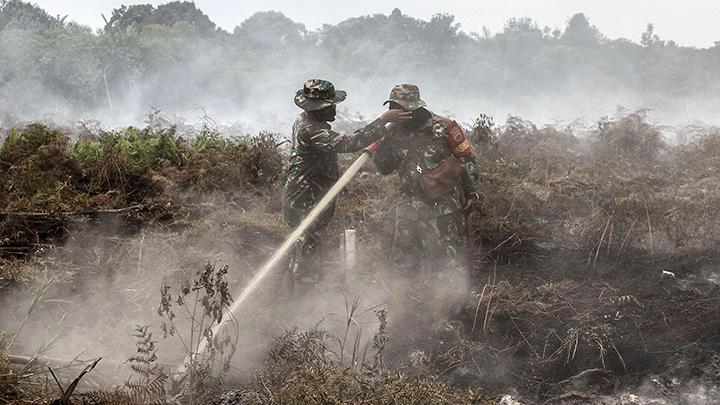

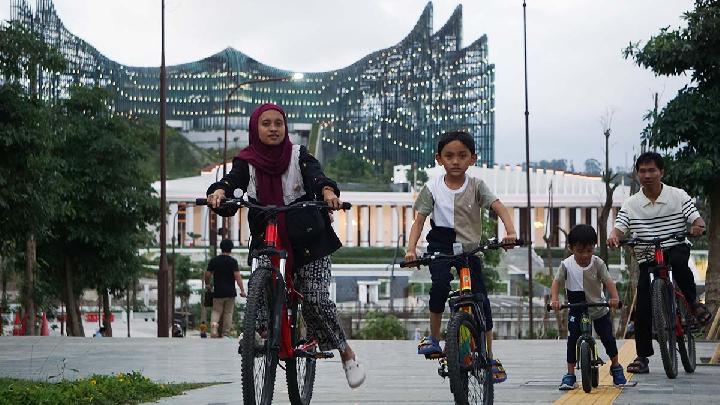




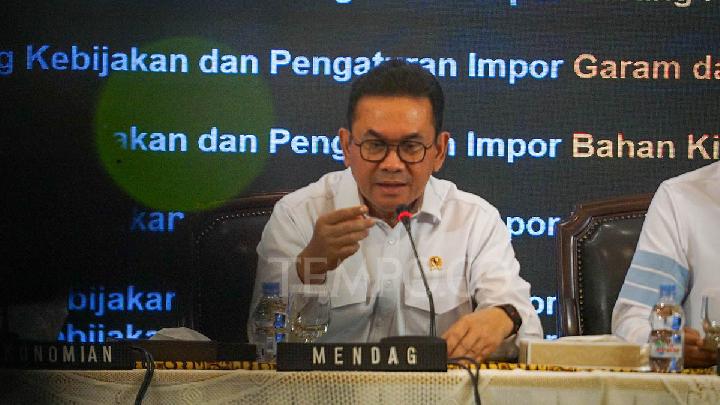

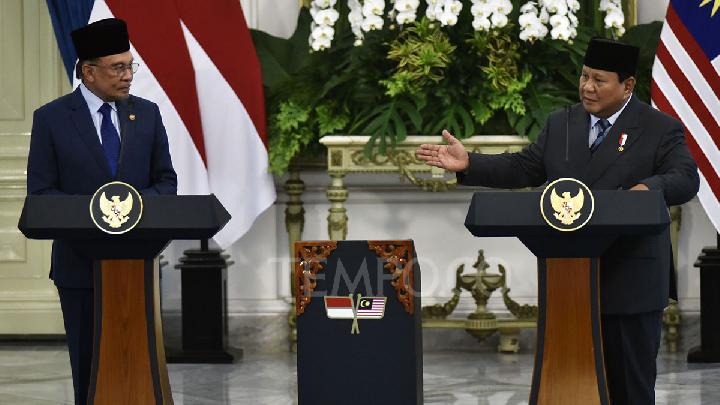





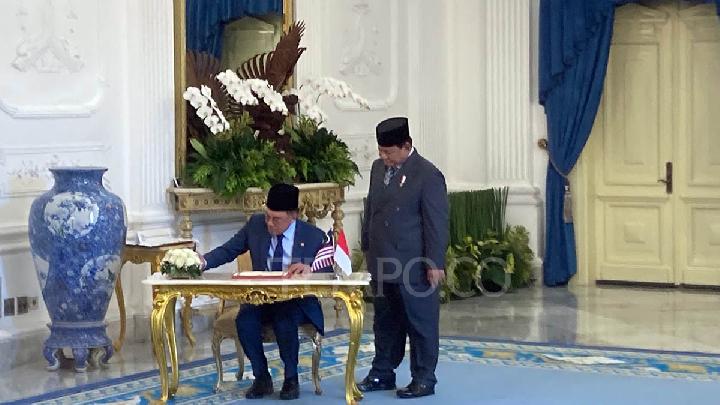










:strip_icc():format(jpeg)/kly-media-production/medias/5085399/original/084283500_1736394404-caption-buka-puasa-bersama.jpg)


:strip_icc():format(jpeg)/kly-media-production/medias/4990580/original/032364700_1730716355-cara-sholat-hajat.jpg)













:strip_icc():format(jpeg)/kly-media-production/medias/5084907/original/011382400_1736361137-MBG_Kudus.jpg)

